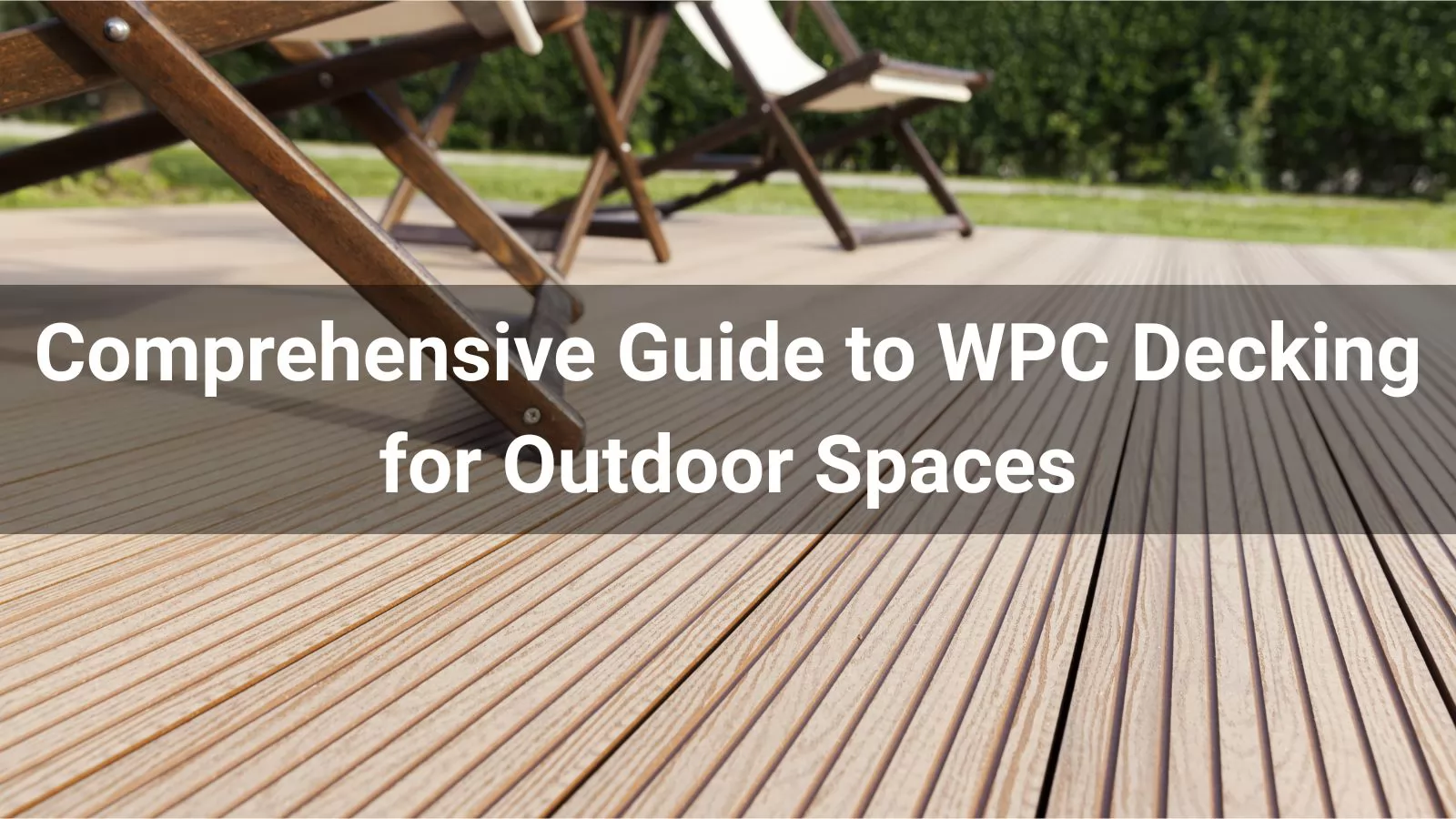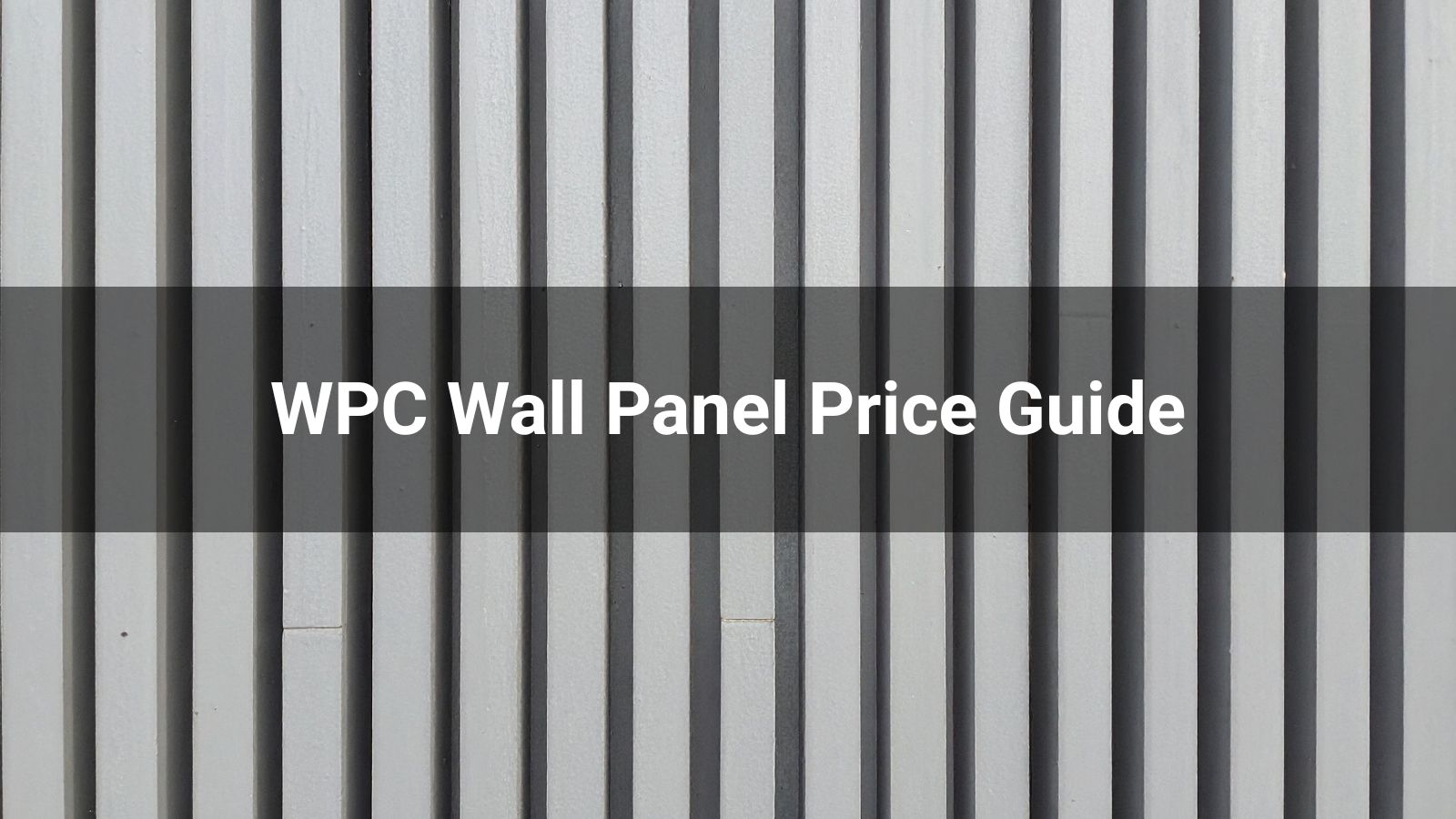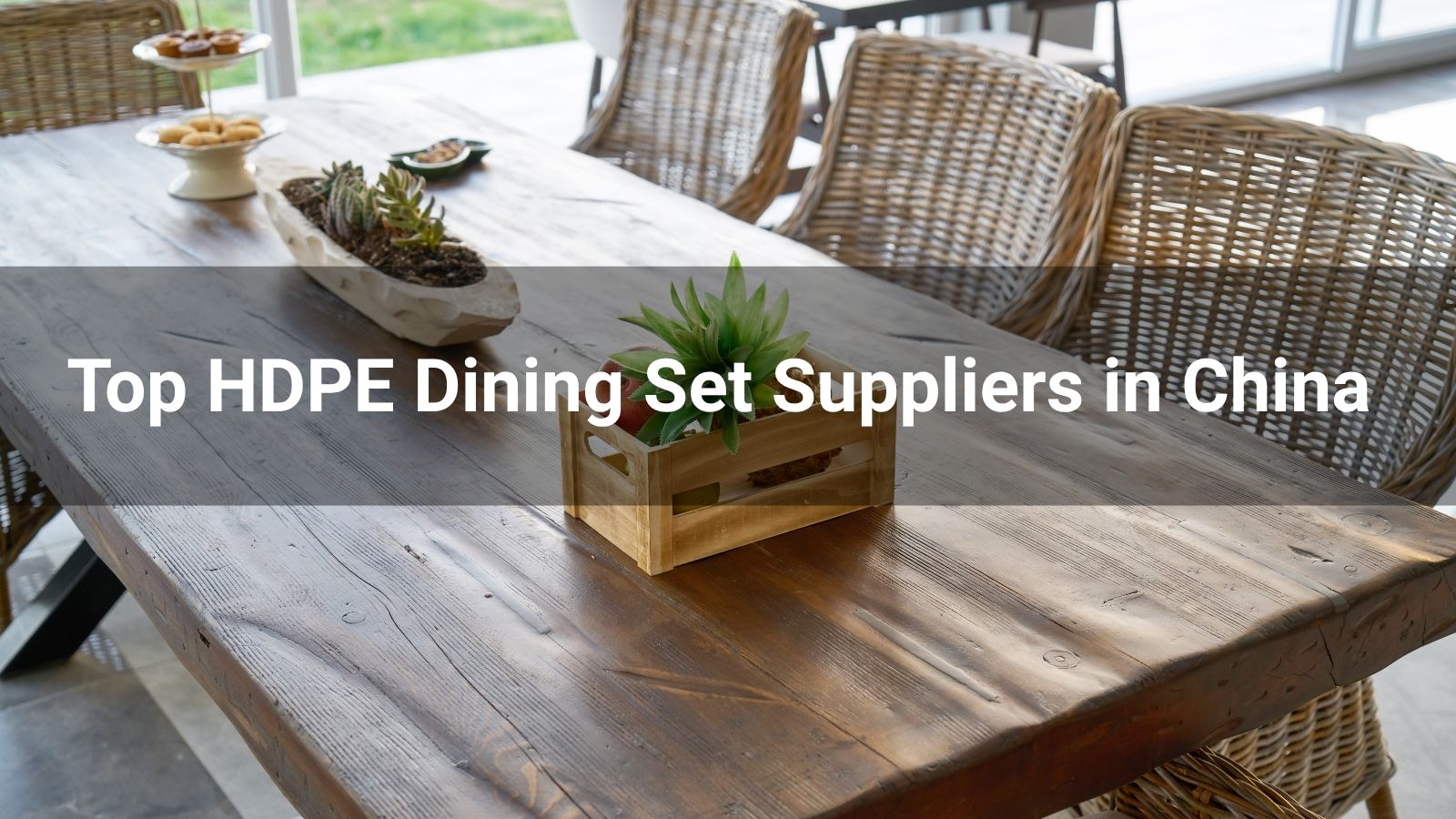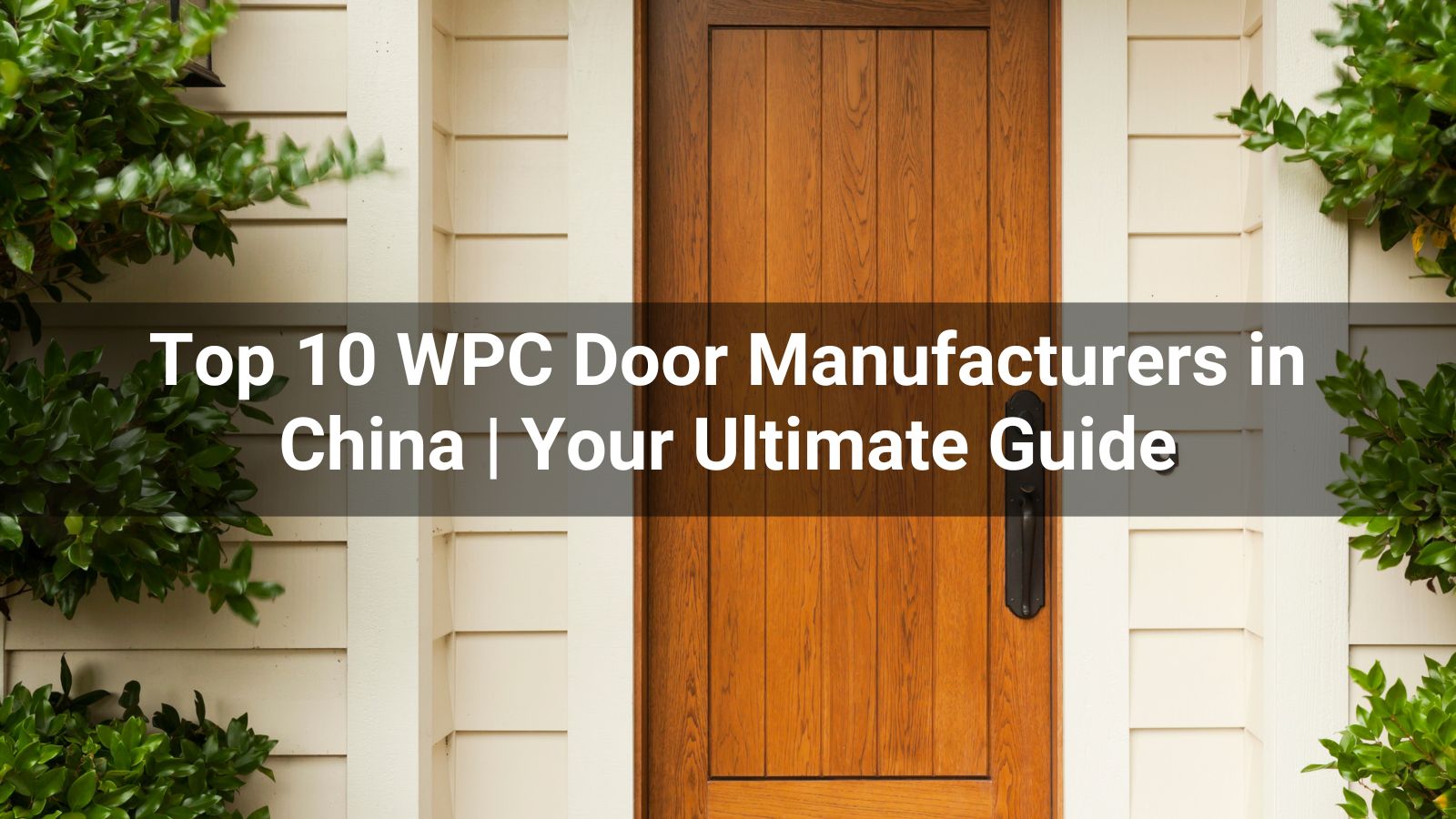
Comprehensive Guide to WPC Decking for Outdoor Spaces

Wood Plastic Composite (WPC) decking has become a popular choice for outdoor spaces, offering a blend of natural wood aesthetics and the durability of plastic. With brands like Posa, Cladco, Kiko, Terra Wood, Triton, VidaXL, and UPM ProFi Deck, and applications such as pool decks, WPC decking provides versatile, low-maintenance solutions for gardens, patios, and pool areas. This article explores these WPC decking options, their benefits, pricing considerations, and how they compare to other gardening tools like stainless steel garden rakes, garden soft twist ties, and plant clips.
What is WPC Decking?
WPC decking, or Wood Plastic Composite decking, is a hybrid material made from a mix of wood fibers and recycled plastic, designed as an eco-friendly alternative to natural wood. It combines the warmth and look of wood with the weather resistance, low maintenance, and durability of plastic. WPC decking is resistant to water, termites, mold, mildew, and UV damage, making it ideal for outdoor applications like terraces, gardens, and pool decks. Its standard English name, Wood Plastic Composite Decking, reflects its origin in North America, where it is also known as ecological or recycled wood decking.
Exploring WPC Decking Brands and Options
Posa WPC Decking
Posa WPC decking is known for its elegant designs and durability, suitable for residential and commercial outdoor spaces. It offers a range of finishes that mimic natural wood while providing superior resistance to weathering. Posa decking is ideal for patios and garden walkways, with easy installation options that appeal to DIY enthusiasts and professionals alike.
Cladco WPC Decking
Cladco, a UK-based brand, specializes in WPC decking with a variety of colors and sizes, catering to diverse aesthetic preferences. Their decking is slip-resistant and designed for low maintenance, making it a practical choice for high-traffic areas like pool decks or garden paths. Cladco’s products are praised for blending wood-like aesthetics with plastic’s resilience, ensuring long-lasting performance.
Kiko Decking WPC
Kiko WPC decking offers a modern, stylish option for outdoor flooring, with a focus on durability and ease of maintenance. Available in various textures and colors, Kiko decking is suitable for pool areas and terraces, providing a non-slip surface that enhances safety. Its high-quality materials ensure resistance to extreme weather, making it a reliable choice for humid or rainy climates.
Terra Wood WPC
Terra Wood WPC decking emphasizes eco-friendly manufacturing, using recycled materials to create a sustainable product. It is designed for courtyards, parks, and residential gardens, offering a natural wood appearance with enhanced durability. Terra Wood’s decking is termite-resistant and requires minimal upkeep, making it a cost-effective option for long-term outdoor use.
Triton WPC Decking
Triton WPC decking is engineered for toughness, with a 25-year limited warranty for residential properties. It is water, slip, mold, mildew, and termite-resistant, making it ideal for demanding environments like pool decks or coastal areas. Triton’s low-maintenance design ensures it retains its appearance without frequent sanding or sealing, unlike traditional wood.
VidaXL WPC Decking Boards
VidaXL offers affordable WPC decking boards with a focus on versatility and ease of installation. Available through retailers like Amazon, VidaXL boards come in various sizes and finishes, suitable for patios, balconies, or poolside areas. Their cost-effective pricing and durable construction make them a popular choice for budget-conscious homeowners seeking quality outdoor flooring.
UPM ProFi Deck WPC
UPM ProFi Deck, developed by UPM, a company focused on sustainable innovation, offers premium WPC decking with a modern, sleek appearance. Designed for durability, it resists fading, staining, and weathering, making it ideal for high-end residential or commercial projects. UPM ProFi Deck’s eco-friendly composition, using recycled materials, aligns with sustainable gardening practices.
Harga Pool Deck WPC (Pricing Considerations)
The cost of WPC decking for pool areas varies based on brand, quality, and dimensions. For example, in Indonesia, Durawood WPC decking prices range from Rp 74,430 for a 31x31x2.2 cm teak decktile to Rp 233,730 for a 220x14x2.2 cm hollow board, as per Mitra10’s 2025 pricing. Prices depend on factors like UV resistance, finish (e.g., teak, black), and board thickness. While WPC decking may have a higher upfront cost than natural wood, its longevity and low maintenance make it cost-efficient over time. Always check current prices and choose high-quality options for pool decks to ensure safety and durability.
Benefits of WPC Decking for Gardening
-
Low Maintenance: Unlike natural wood, WPC decking requires no sanding, staining, or sealing, saving time and effort compared to maintaining garden tools like stainless steel rakes or plant supports.
-
Durability: Resistant to weather, insects, and moisture, WPC decking outperforms kraft paper twist ties or plastic plant clips in outdoor longevity. Brands like Triton and UPM ProFi Deck are built for extreme conditions.
-
Eco-Friendly: Made from recycled wood and plastic, WPC decking (e.g., Terra Wood, UPM ProFi) reduces reliance on virgin materials, offering a sustainable alternative to non-recyclable tools like kraft paper twist ties.
-
Aesthetic Versatility: With finishes mimicking natural wood, brands like Cladco and Kiko provide stylish options for garden aesthetics, complementing plant support tools like garden soft twist ties or vine clips.
-
Safety: Slip-resistant surfaces, especially in pool deck applications, enhance safety compared to slick natural wood or loose garden materials handled by rakes.
Comparison to Other Gardening Tools
Versus Stainless Steel Garden Rakes
Stainless steel garden rakes, like those from Greenman or Kent & Stowe, are ideal for soil preparation and debris removal but serve a different purpose than WPC decking. Rakes are essential for creating seedbeds or leveling soil before installing decking, while WPC provides a finished, durable surface. WPC decking’s rust resistance aligns with stainless steel’s durability, but decking requires less maintenance than rakes, which need occasional cleaning and storage.
Versus Garden Soft Twist Ties
Garden soft twist ties, with their rubber or foam-coated wire, are flexible for securing plants but lack the structural role of WPC decking. While twist ties support vines or tomatoes, WPC decking creates a stable, weather-resistant platform for garden or pool areas. Both are reusable, but WPC’s broader application and durability make it more versatile for outdoor spaces.
Versus Kraft Paper Twist Ties
Kraft paper twist ties, like those from Linkwin, are eco-friendly for lightweight plant support but degrade in wet conditions, unlike WPC decking’s weather-resistant composition. WPC decking is a long-term investment for garden flooring, while kraft paper ties are better for temporary, small-scale tasks.
Versus Plant Clips (Wilko, Bunnings, Allfenz, Burpee, RapiClip, Simex)
Plant clips are specialized for securing stems to supports, complementing WPC decking in garden design. For example, RapiClip tomato clips or Bunnings vine clips secure plants growing on a WPC decked terrace, but they cannot replace decking’s role as a durable, aesthetic surface. WPC decking’s recyclability varies by brand, but it generally outperforms clips with mixed materials (e.g., Allfenz, Simex) in sustainability.
Considerations for Choosing WPC Decking
-
Budget: Check prices for brands like VidaXL or Durawood for affordable options, or invest in premium UPM ProFi Deck for high-end projects.
-
Installation: WPC decking can be DIY-installed, but professional installation ensures precision, especially for pool decks. Follow brand-specific guidelines (e.g., Cladco, Triton).
-
Environment: Choose UV-resistant options (e.g., Triton, Kiko) for sunny or humid areas like pool decks to prevent fading or warping.
-
Maintenance: Clean WPC decking with mild soap and water; avoid abrasive tools like stainless steel rakes to prevent scratching.
Tips for Using WPC Decking
-
Plan Your Layout: Use WPC decking for defined garden paths or pool areas, complementing plant supports like Allfenz clips or soft twist ties for a cohesive garden design.
-
Combine with Accessories: Brands like Rumah Lantai Indonesia offer WPC accessories (e.g., side covers, joists) to enhance deck longevity and aesthetics.
-
Check Local Prices: For pool deck WPC, compare prices on platforms like Tokopedia or Mitra10 for cost-effective deals.
-
Integrate with Gardening Tools: Use stainless steel rakes for soil prep before deck installation and plant clips or ties for supporting plants on the deck.
Conclusion
WPC decking from brands like Posa, Cladco, Kiko, Terra Wood, Triton, VidaXL, and UPM ProFi Deck offers a durable, low-maintenance, and eco-friendly solution for outdoor spaces, from garden patios to pool decks. Its weather resistance, aesthetic appeal, and sustainability make it superior to traditional wood and complementary to gardening tools like stainless steel rakes, garden soft twist ties, and plant clips (Wilko, Bunnings, Allfenz, Burpee, RapiClip, Simex). While pricing varies (e.g., Rp 74,430–233,730 for Durawood in Indonesia), WPC decking’s long-term value justifies the investment. Explore options at retailers like Tokopedia, Mitra10, or Amazon to create a stylish, functional outdoor space that enhances your gardening experience.


-
 2026-Jan-28WPC Wall Panel Price Guide 2026 | Top 10 Leading BrandsWe'll also break down the top 10 global leading brands, their pricing tiers, core advantages, and ideal use cases to help you budget and choose with confidence.
2026-Jan-28WPC Wall Panel Price Guide 2026 | Top 10 Leading BrandsWe'll also break down the top 10 global leading brands, their pricing tiers, core advantages, and ideal use cases to help you budget and choose with confidence. -
 2026-Jan-21Top 10 HDPE Dining Set Suppliers in China (2026)The following list highlights the top 10 HDPE dining set suppliers in China for 2026, ranked by their industry prominence, product specificity, and online visibility.
2026-Jan-21Top 10 HDPE Dining Set Suppliers in China (2026)The following list highlights the top 10 HDPE dining set suppliers in China for 2026, ranked by their industry prominence, product specificity, and online visibility. -
 2026-Jan-16Top 10 WPC Door Manufacturers in China | Your Ultimate GuideIn this detailed guide, we spotlight the top 10 WPC door manufacturers in China, including industry leaders like TATA Doors, KKD, Mexin, and Oppein.
2026-Jan-16Top 10 WPC Door Manufacturers in China | Your Ultimate GuideIn this detailed guide, we spotlight the top 10 WPC door manufacturers in China, including industry leaders like TATA Doors, KKD, Mexin, and Oppein.






